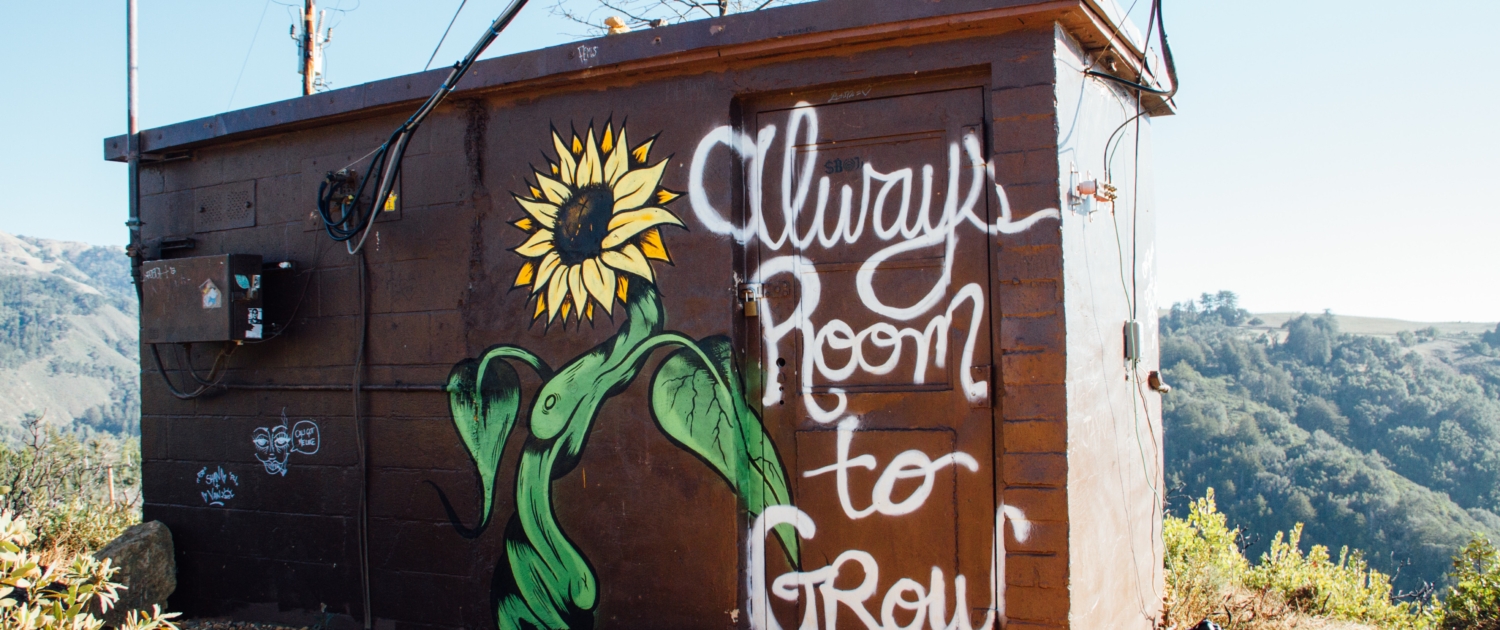In my relentless effort to secure funding from the Robert Wood Johnson Foundation, I applied to be a part of their Culture of Health Leadership Institute (CoHLI) for Racial Healing (for the third time!). Perseverance is a trait that many of us in this field have mastered. To my delight, I finally received my congratulatory email with an invitation to join the 2023 CoHLI cohort. Forty of us, from around the country, began our 18-month CoHLI experience in January 2023. We’re about halfway through the program and I’m so glad that my ego didn’t get the best of me – a third rejection would have burned, but again, those of us who work in public health and advocacy know that early wins are rare. I thought I’d share a bit about this wonderful program and the resources it offers.
The CoHLI program recognizes racism as a public health crisis and emphasizes that a culture of health cannot coexist with embedded racism. No one can articulate this better than Dr. Gail Christopher – see her short video below.
CoHLI, a program funded by the Robert Wood Johnson Foundation, is an 18-month leadership journey that leverages the Truth, Racial Healing, and Transformation (TRHT) framework to enhance the network of professionals committed to promoting racial and health equity in their endeavors. Within CoHLI, participants have the chance to engage with a nationwide community of individuals who share their goals and offer mutual support, all while acquiring tools and resources that expedite tangible advancements. The program encompasses several key components – below are the pieces as described on the CoHLI website:
Support personal and collective healing—Healing is a crucial but often ignored component of this work. Participants need it to sustain their work and society needs it for lasting transformation. That’s why the program prioritizes it.
Foster and strengthen community—Building a community of practice and a meaningful network across race, class, age, geography, and ability is vital. The program, including focused retreats, fosters connections among participants, helping us all return to our work more whole and supported.
Enable learning, experimentation, and application—Participants share their expertise and learn from each other, from individualized coaching with other experts, and from the TRHT framework in monthly virtual learning opportunities. Everyone has the opportunity to apply what they’re learning and experiment with innovative ideas and techniques for community change.
Develop and connect to resources—The program provides participants with opportunities to serve as resources to each other. It also helps them gain, and connect to, other resources they need to work more effectively and sustainably toward community-based change and navigate rapidly changing organizations and systems.
Since the beginning of the year, my CoHLI cohort has convened virtually every month, with the fortunate opportunity for an in-person meeting in April. I’m profoundly inspired and humbled to be among fearless and passionate thought leaders. We’ve gathered wisdom, shared laughter, and shed tears as a collective.
One of the most valuable aspects of this program is its emphasis on self-investment. All CoHLI participants receive a stipend to invest in themselves in the manner they believe will yield the greatest impact. I am honored to have the chance to ask (and answer) the question of what I need to maximize my influence. I’m still working on getting the answer right.
Header photo by Kyle Glenn on Unsplash
About the author

Chaya Merrill, DrPH
Director of Child Health Data Labwithin the Child Health Advocacy Institute at Children's National Hospital



